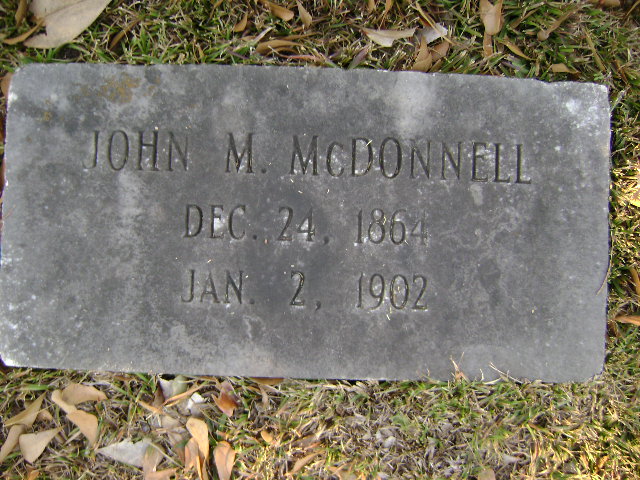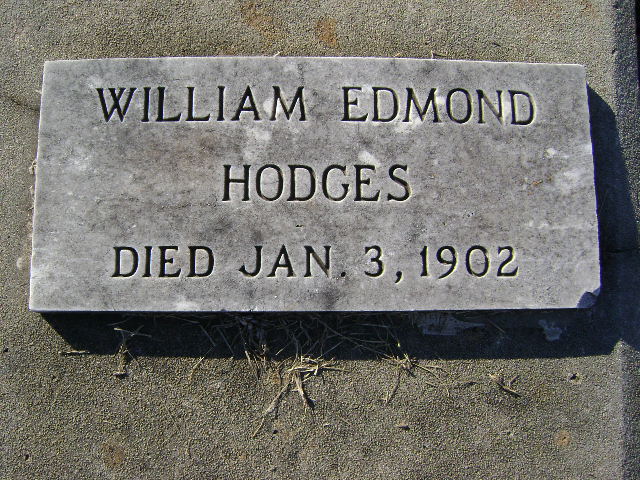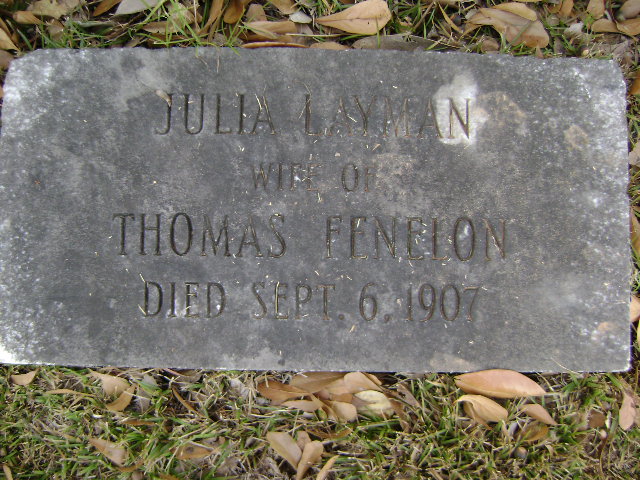"Who the Victims Are.
 |
| Photo by James Allen |
 |
| Photo by James Allen |
Uriah Cornelius, the negro who was on the engine when the explosion occurred, and who was blown to pieces, was a fireman. He will turned over to the colored Knights of Pythias for burial, as he was a member of that order. He came to Macon from some point above Cochran.
Mr. R. L. Willis, who was injured, is thought to be in a fair way to recover. He is an alderman, representing the Fourth ward. His excellent race for that position in the recent municipal election will be recalled by all. He was taken to his home immediately after the accident.
Mr. Henry Fox is one of the oldest employes [sic] in the shops. He is 58 years old. He is highly esteemed by all who know him, and many prayers were offered last night for his recovery.
Mr. W. M. Wilson had just moved to Macon from Jones county, and accepted a position with the road the day before the accident. He has a wife and children in East Macon. He is a brother to Police Officer Wilson.
Mr. James O'Neal is a young man hardly 21 years old. He has a devoted mother residing in East Macon. His sister died a short time ago.
Mr. Ed Hambrick resides in East Macon. He was one of the carpenters on the shed near the engine. It is thought he will pull through without difficulty." [Macon Telegraph (Georgia), 3 January 1902, Pg. 5 -- Viewed online at GenealogyBank.]
All Posts in Series:
- Terrific Explosion Followed by Death
- I Cannot Live; You Cannot Do Anything for Me
- A Leg Bone was Found Just Over the Fence
- The Deceased Came to Their Death from the Explosion of an Engine Boiler
- Both Men were Blown Away, and Killed Instantly
- Who the Victims Are


